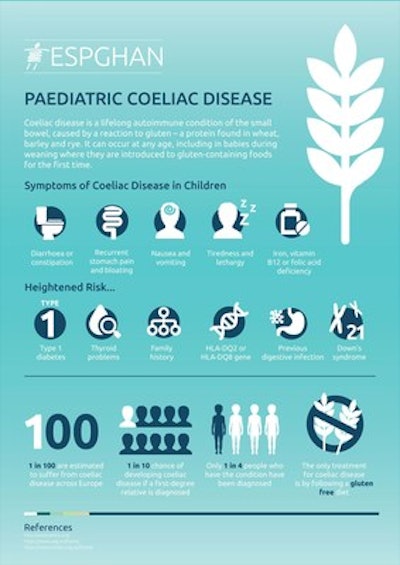
According to a study conducted the European Society for Paediatric Gastroenterology Hepatology and Nutrition, gluten-free products are not sufficient substitutes for their gluten-containing counterparts.
For instance, after assessing over 1,300 products, the study found:
- Gluten-free breads had a significantly higher content of lipids and saturated fatty acids.
- Gluten-free pasta had a significantly lower content of sugar and protein.
- Gluten-free biscuits had a significantly lower content of protein and significantly higher content of lipids.
- Many gluten-free products—especially breads, pastas, pizzas and flours—contained up to three times less protein than their gluten-containing counterparts.
Researchers believe differences in nutritional value such as these could impact the growth of children on gluten-free diets and increase the risk of childhood obesity, and therefore, gluten-free foods must be reformulated with healthier raw materials to ensure adequate childhood nutrition. They also warn that many consumers may be unaware of unhealthy variances such as these due to the poor nutritional labeling of gluten-free products, and consumers should be provided with guidance to enhance their understanding of the products' nutritional compositions to enable more informed purchases.





















